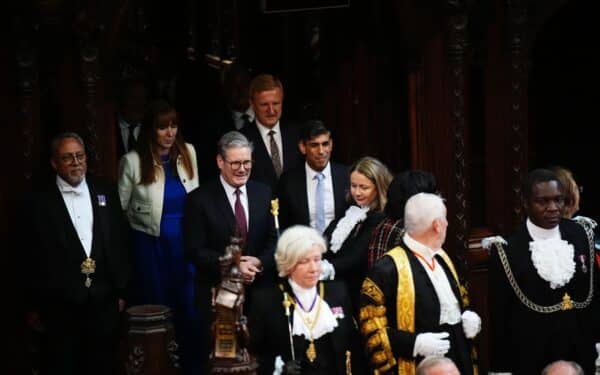
King’s Speech: no mention of small business, the bedrock of Britain’s economy
Small businesses provide half of the country’s wealth and the bulk of all private sector jobs yet they have been ignored by Starmer’s new policies.
Already a subscriber? Login to your account

Already a subscriber? Login to your account
Subscribe to Reaction for just £8/month and receive unlimited access to the site, our daily email with analysis every evening and invites to online events.
Includes Iain Martin’s weekly newsletter on politics, daily columnists including Tim Marshall, Maggie Pagano and Adam Boulton. Unlimited access to all the stories by our brilliant team of journalists, our daily email with analysis every evening and Reaction Weekend featuring coverage of life, culture and sport. Plus invites to our events. Your support also helps us offer training to the journalists of the future through our Young Journalists Programme.

Small businesses provide half of the country’s wealth and the bulk of all private sector jobs yet they have been ignored by Starmer’s new policies.

A Labour government will press more equality or climate legislation on companies, accompanied by a furious backlash from the Right.

We used to worry that “peak oil” meant that we were running out of the stuff. This has morphed into a forecast of chronic surplus.
Subscribe to Reaction and receive unlimited access to the site, our daily email with analysis every evening and invites to online events.
© Copyright 2024 Reaction Digital Media Limited – All Rights Reserved. Registered Company in England & Wales – Company Number: 10166531.